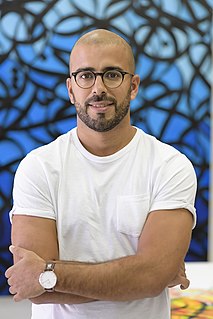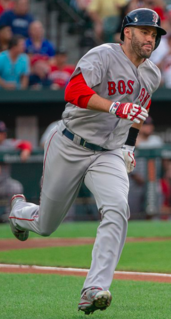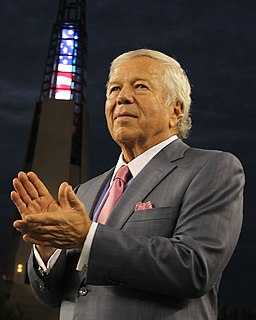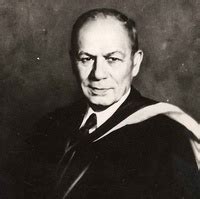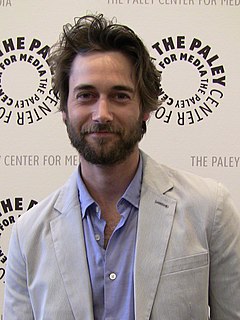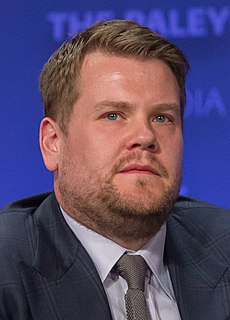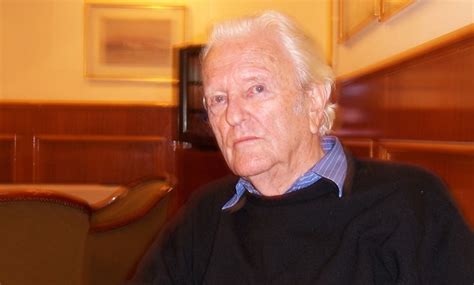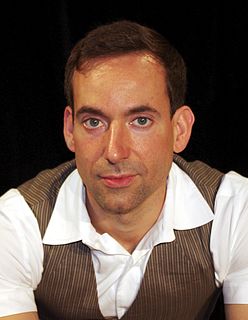A Quote by Leonardo DiCaprio
We [ with Russel Crowe] had an Arabic coach there [ in the Body of Lies] that was really helpful, because it was more so than any accent. You have to be so exact, and there's different dialects of Arabic from country to country so it was really, really difficult to tell you the truth. And one of the hardest things I've ever had to do language-wise, because it comes from the throat. It's different. And also learning about the customs and the culture and all that, so we had advisors for that sort of thing.
Related Quotes
I couldn't know about my culture, my history, without learning the language, so I started learning Arabic - reading, writing. I used to speak Arabic before that, but Tunisian Arabic dialect. Step by step, I discovered calligraphy. I painted before and I just brought the calligraphy into my artwork. That's how everything started. The funny thing is the fact that going back to my roots made me feel French.
I think in Arabic at times, but when I'm writing it's all in English. And I don't try to make my English sound more Arabic, because it would be phony - I'm imagining Melanie Griffith trying to do a German accent in Shining Through. It just wouldn't work. But the language in my head is a specific kind of English. It's not exactly American, not exactly British. Because everything is filtered through me, through my experience. I'm Lebanese, but not that much. American, but not that much. Gay, but not that much. The only thing I'm sure of, really, is that I'm under 5'7".
Iran is not in any sort of routine groupings. It's not an Arab country. It's not part of the Indian subcontinent. So it's in a neighborhood where it has some unique characteristics. We are a country which embraced Islam, learned Arabic, but didn't change its language or its culture... That's what keeps us unique.
I think, one thing that I've really come to appreciate about my parents as I've got older is you know, how wise they really were. As a kid when I was growing up, as any kid, you think you know every thing and I was no different to that. I had different opinions on a lot of different things then them but the way they raised me, in hindsight, they were right.
To be fair to Pete, I had just come off a very difficult owner relationship with my then head coach and I was looking for a different style. So I didn't give Pete all the power he should have had. I don't think there's any exact formula for how it's done. It's really what fits each individual system.
All the kids are learning different languages. I asked them what languages they wanted to learn, and Shi is learning Khmai, which is a Cambodian language; Pax is focusing on Vietnamese, Mad has taken to German and Russian, Z is speaking French, Vivienne really wanted to learn Arabic, and Knox is learning sign language.
During all the first part of the Middle Ages, no other people made as important a contribution to human progress as did the Arabs, if we take this term to mean all those whose mother-tongue was Arabic, and not merely those living in the Arabian peninsula. For centuries, Arabic was the language of learning, culture and intellectual progress for the whole of the civilized world with the exception of the Far East. From the IXth to the XIIth century there were more philosophical, medical, historical, religiuos, astronomical and geographical works written in Arabic than in any other human tongue.
I went to a mosque in Philadelphia with [my wife] in December 24, 1999. And we we went to this mosque in Philly, and I just had such a strong reaction to the prayer. And I was really emotionally - I felt really grounded at that time. And so to be in this prayer and the imam is doing the prayer in Arabic and I don't understand a word of Arabic but I just remember these tears just coming down my face and it just really connecting to my spirit in a way that felt like I needed to pay attention to that.
I don't think polarization is some kind of grand distraction. It's real. People have different commitments, believe in different things and principles, different visions of the good life ... but there is also a degree to which all the really big, successful reform movements in the country had extremely bizarre ideological coalitions.
I'm a really private person. I just love my work. I feel like celebrity has changed so much, in this culture. Ever since they started with those reality shows and people that aren't actors but they're really famous, it's gotten very different from when I started out. So, the idea of ever becoming more than what I had is not really what I want.
Iraq at one time was actually a functioning government. It's a real state. Afghanistan is not Iraq. It's tribal. It's got a different - a number of different sects, never really had a solid government there running the country on any kind of a continuing basis. Well, to rebuild the nation of Afghanistan is going to be more difficult than rebuilding the nation of Iraq.
Doing a film with somebody who's from a different country or culture than you is very fulfilling because they bring with them different insights, experiences, cultural norms, and expectations. All of those things can sort of broaden your own understanding of things or provide a different perspective.
I mean, you can't make anything without making mistakes, is the truth, and I'm very grateful for those misses that I've had in my career at home, because you learn so much more from them than you ever do from the hits. You learn that you really have to work hard, which I wasn't really doing at that time. You sort of think 'I've cracked it, I'm doing it.'And you start to think perhaps you're more of a dude than you really are.
Modern Arabic literature achieved international recognition when Mahfouz was awarded the Nobel prize in 1988 (.....) Mahfouz also rendered Arabic literature a great service by developing, over the years, a form of language in which many of the archaisms and cliches that had become fashionable were discarded, a language that could serve as an adequate instrument for the writing of fiction in these times.

